There are three German and three English members of the Foundation’s Board of Directors, and two Managing Trustees, one of whom must be a resident of Hamburg. The Directors each serve for a term of eight years (four biennial meetings).
Board
German side

Rohini Kuner
Vice-chair
- Pharmacology and Toxicology Internal Senior Fellow Department of Pharmacology, Heidelberg
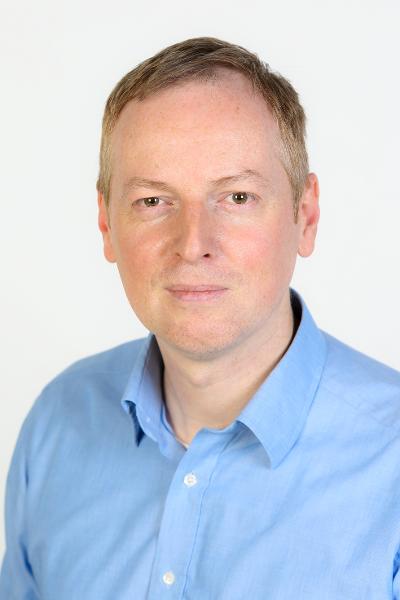
Martin Beck
- Director Max Planck Institute of Biophysics
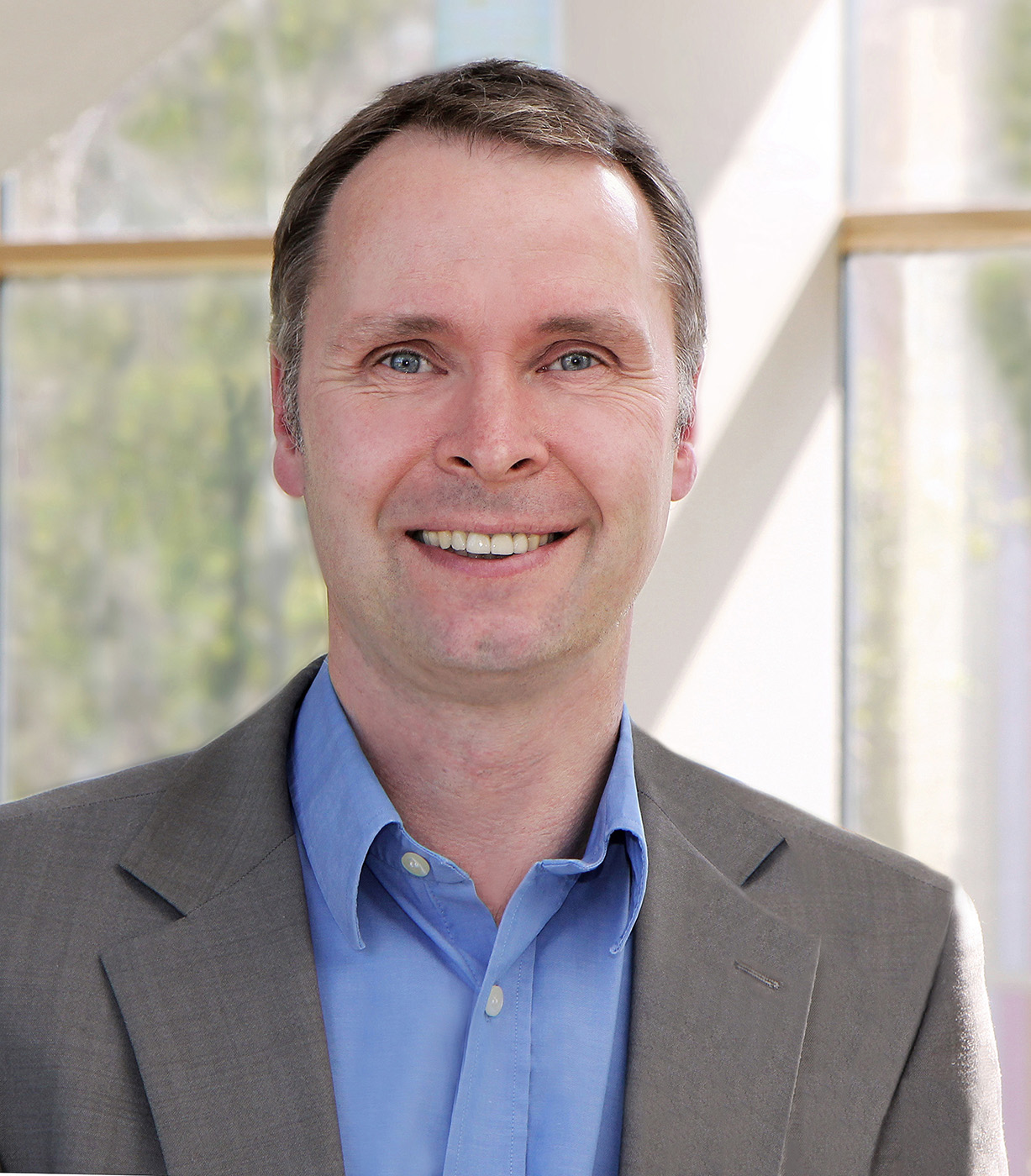
Volker Haucke
- Professor of Molecular Pharmacology Leibniz-Forschungsinstitut für Molekulare Pharmakologie (FMP)
British side
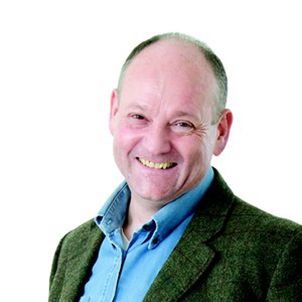
Russell Foster, CBE, FRS
- Director of the Sleep and Circadian Neuroscience Institute Oxford University
- Head of the Nuffield Laboratory of Ophthalmology Oxford University
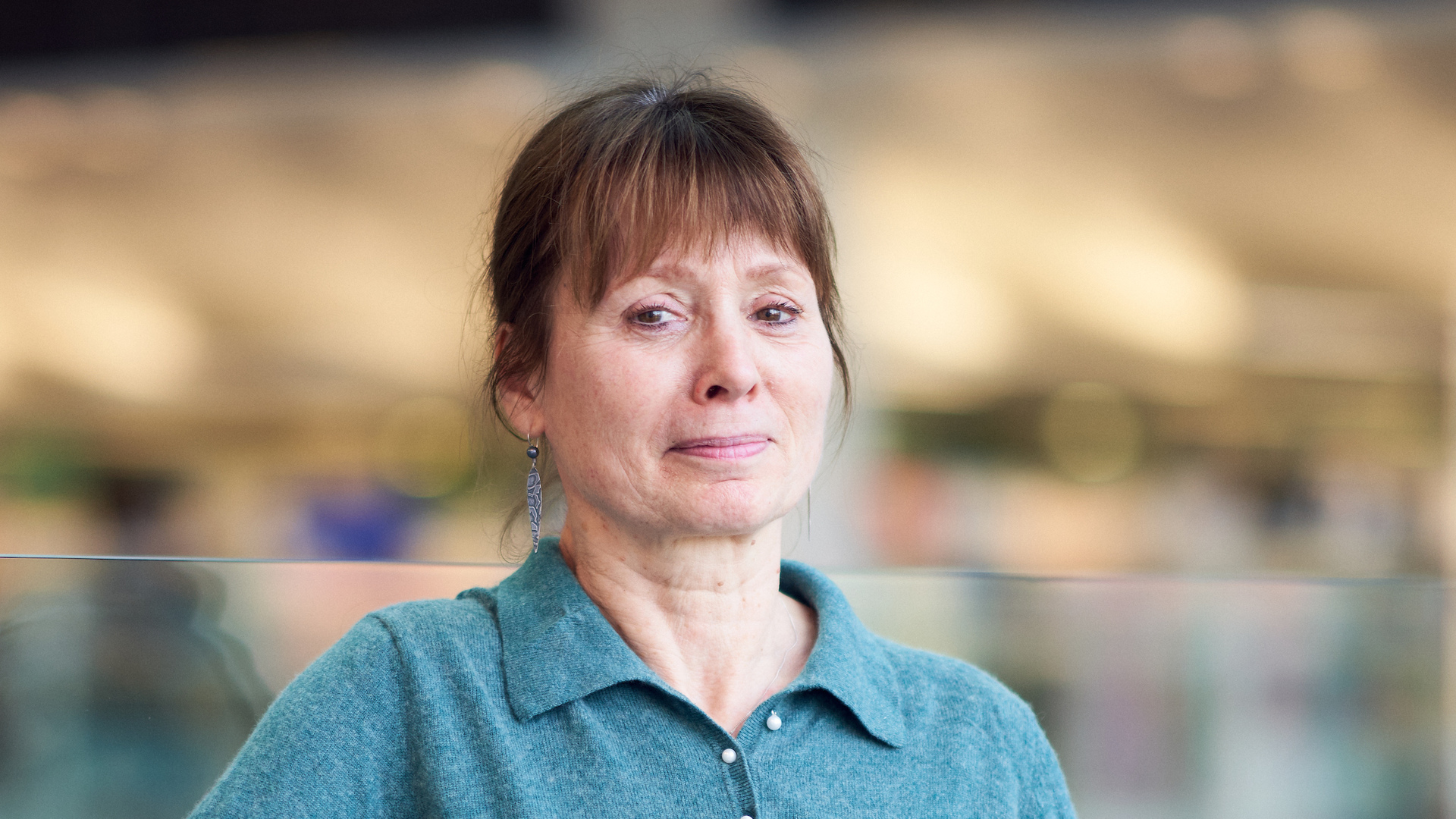
Brigitta Stockinger FRS
Chair
- Senior Group Leader Francis Crick Institute
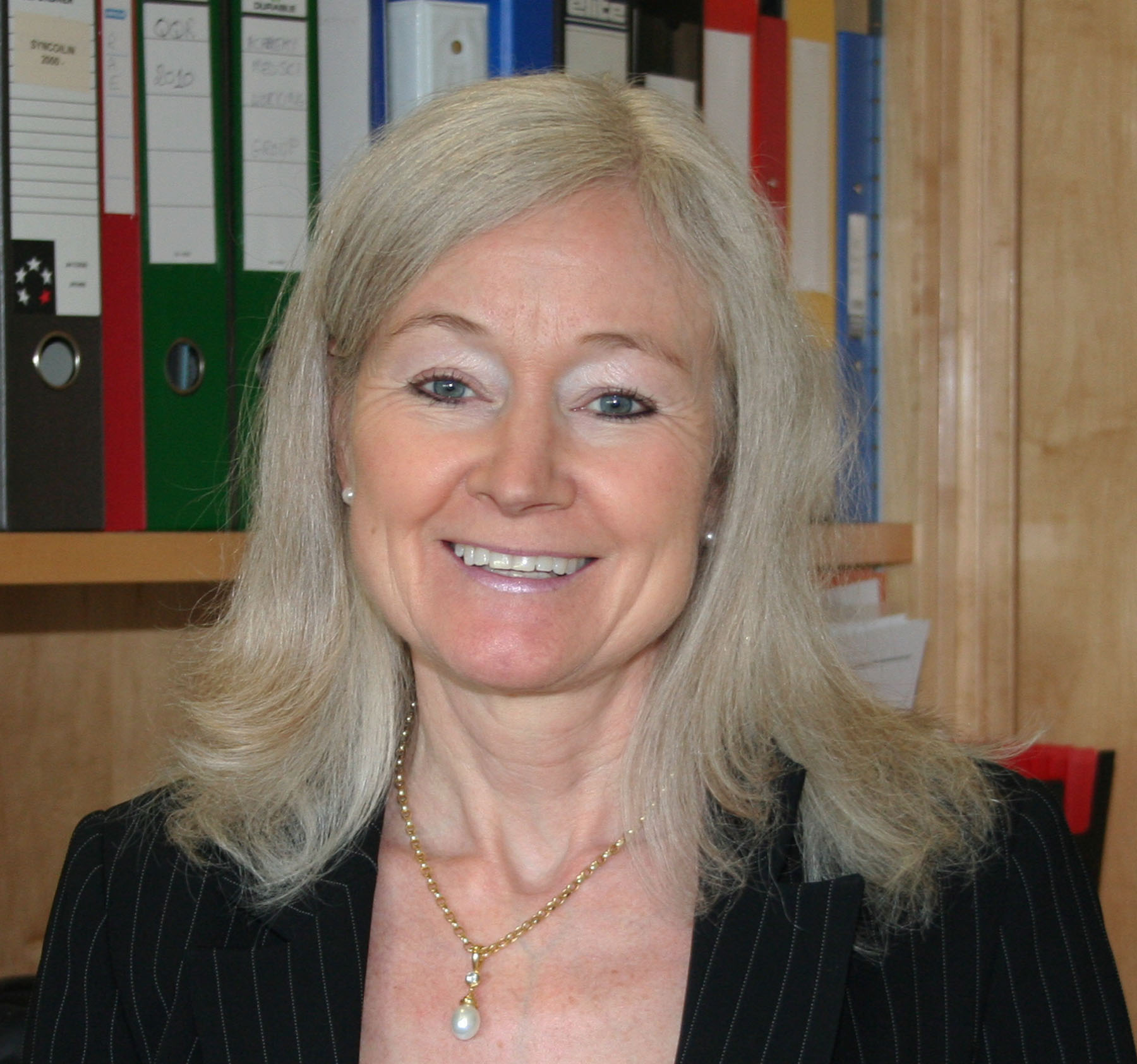
Kay E Davies
- co-Director of the MDUK Oxford Neuromuscular Centre in the Department of Physiology, Anatomy and Genetics University of Oxford
Managing Trustees
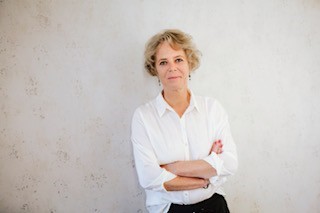
Kirsten Schinkel
- Managing Trustee Feldberg Foundation
schinkel@stb-kirstenschinkel.de
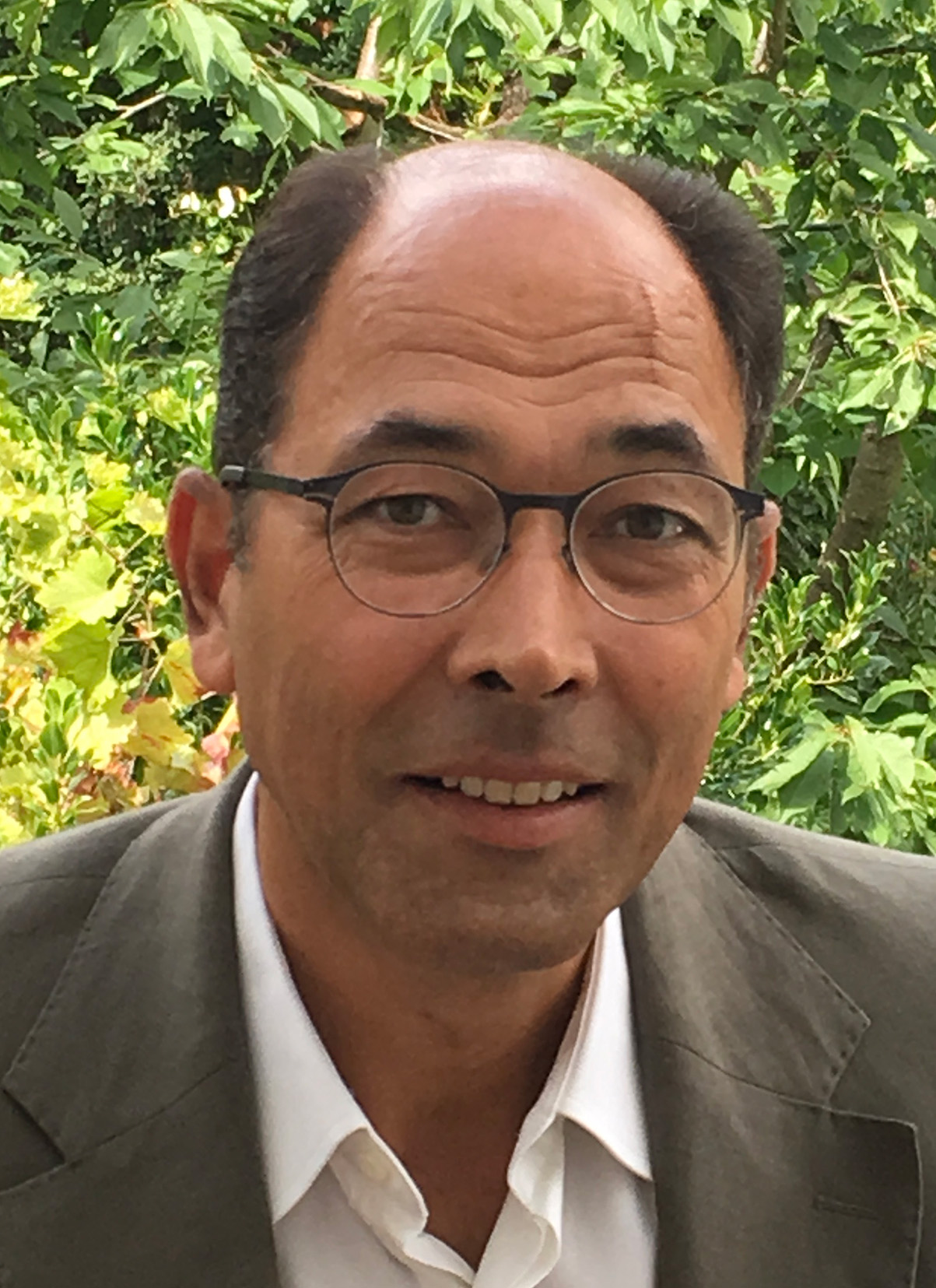
Stefan Offermanns
- Managing Trustee Pharmakologisches Institut, Universität Heidelberg
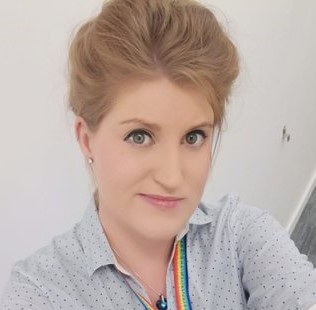
Marja Main
- Foundation Secretariat University of Edinburgh
Marja.main@ed.ac.uk
Former board members
German side
- Prof Stefan Offermanns
- Prof Klaus Aktories
- Professor Ulrich Hartl
- Professor Dr Franz Hofmann
- Professor Dr Reinhardt Luehrmann
- Professor W Neupert
- Professor Dr B Sakmann
- Professor Dr H-D Klenk
- Professor Dr K Starke
- Professor Dr W Stoffel
- Professor Dr H zur Hausen
- Professor U Trendelenburg
- Professor E Habermann
- Professor P W Jungblut
- Professor R Stampfli
- Professor H Herken
- Professor O Westphal
- Professor K J Ullrich
- Professor P Holtz
- Professor F Lynen
- Professor H Weber
- Professor W Bargmann
- Professor H Schaefer
- Professor Ed C. Hurt
British side
- Prof Richard Morris
- Prof Dame Frances Ashcroft
- Professor Robin Lovell-Badge, FRS
- Professor Tim Bliss, FRS
- Professor Stephen Franks
- Professor Guy Dodson FRS
- Professor G L Collingridge
- Professor D Barker
- Sir John Skehel
- Professor D Colquhoun
- Professor P B Garland
- Dr L L Iversen
- Sir Dai Rees
- Dr J R Tata
- Sir James Gowans
- Sir Arnold Burgen
- Professor W S Peart
- Dr S G Owen
- Professor R A Gregory
- Professor A Neuberger
- Sir John Gray
- Professor A Huxley
- Professor G W Harris
- Professor D Whitteridge
- Professor A L Hodgkin
- Professor Sir Lindor Brown
- Sir Harold Himsworth
Professor Dr. Volker Haucke
- Professor of Molecular Pharmacology Leibniz-Forschungsinstitut für Molekulare Pharmakologie (FMP)
Biography

Following his PhD in biochemistry from the Biozentrum of the University of Basel and postdoctoral work at Yale University School of Medicine Volker Haucke established his own laboratory at the University of Göttingen. He was appointed as a full professor of biochemistry at the Freie Universiät Berlin in 2003. Since 2012 he is director at the Leibniz Forschungsinstitut für Molekulare Pharmakologie (FMP), professor of molecular pharmacology at Freie Universität Berlin and a member of the NeuroCure Cluster of Excellence.
The focus of research in his laboratory is the dissection of the molecular mechanisms of endocytosis and endolysosomal membrane dynamics with a focus on the role of signaling lipids. The laboratory uses a wide range of technologies that include biochemical and cell biological approaches, electrophysiology, chemical biology, super-resolution and electron microscopy as well as genetic manipulations at the organismic level in vivo. His discoveries have provided insight into the roles of lipids in cell physiology and open new avenues for the treatment of human diseases ranging from cancer and thrombosis to neurological disorders. He was a Feldberg Prizewinner for 2020 who gave his lecture at University College London in September 2022.
Professor Martin Beck
Prizewinner for 2024
- Director Max Planck Institute of Biophysics
Lecture details
Lectured at Francis Crick Institute, 25th May 2023 and University of Dundee, 12th October 2023
Biography

Martin Beck studied Biochemistry at the Martin Luther University Halle/Wittenberg. He did his PhD studies with Wolfgang Baumeister at the Max Planck Institute of Biochemistry in Martinsried. In 2006 he moved to Ruedi Aebersold’s laboratory at the Institute of Molecular Systems Biology at ETH Zurich for his postdoctoral training. Martin Beck was a research group leader at EMBL Heidelberg from 2010-2020. Since 2019 he is a director at the Max Planck Institute of Biophysics in Frankfurt.
In eukaryotes, the genetic information is concealed into the nucleus that shields it from the cellular surroundings. Martin Beck’s research focuses on nucleocytoplasmic transport, i.e., how molecules are transported in and out of the nucleus. His laboratory has pioneered integrative, in situ structural biology techniques to study the structure, function, assembly and turnover of nuclear pore complexes in their native environment. They elucidated the scaffold architecture of the human nuclear pore, visualized nuclear pore dilation and constriction movements inside of cells and discovered a maternal biogenesis pathway that inherits nuclear pores to the early embryo. Martin Beck is a member of EMBO. His work has been awarded the starting, consolidator and advanced grants of the European Research Council.
Professor Dr Stefan Offermanns
Prizewinner for 2008
- Managing Trustee Pharmakologisches Institut, Universität Heidelberg
Lecture details
Pharmakologisches Institut, Universität Heidelberg, who delivered his prize lecture at Kings College, London and also gave a lecture in Cambridge. Both were attended by Professor Dodson, and Professor Bliss was also at the Cambridge lecture.

Professor Dame Kay E Davies
Prizewinner for 1999
- co-Director of the MDUK Oxford Neuromuscular Centre in the Department of Physiology, Anatomy and Genetics University of Oxford
Lecture details
Dept of Human Anatomy & Genetics, Oxford, who lectured at University of Würzburg on "Dystrophin & Utrophin in Duchenne Muscular Dystrophy" and in Ulm and Berlin.
Biography

Professor Dame Kay Davies, Ph.D., DBE FMedSci FRS is the Dr Lee’s Professor of Anatomy Emeritus and co-Director of the MDUK Oxford Neuromuscular Centre in the Department of Physiology, Anatomy and Genetics at the University of Oxford. She received a BA degree in Chemistry and a graduate PhD degree in Biochemistry from the University of Oxford. She was appointed Professor of Genetics in 1996 and then appointed Dr Lee’s Professor of Anatomy at the University of Oxford in 1998. She was founding Director of the MRC Functional Genomics Unit 1999-2017 and co-founded the Oxford Centre of Gene Function in 2000 with Professors Ashcroft and Donnelly, a new institute going from genetic association in human disease to function in the whole organism. Kay’s research interests lie in the molecular analysis and development of treatments for genetic diseases, particularly Duchenne muscular dystrophy (DMD). She has published more than 400 papers and won numerous awards for her work and co-founded companies to translate her work to the clinic. Kay is a founding Fellow of the Academy of Medical Sciences and a Fellow of the Royal Society. She was appointed Governor of the Wellcome Trust in 2008 and became Deputy Chair 2013-17. Until recently she chaired the Genome England Clinical Interpretation Partnership in the UK and is a member of the GRL Board at the Sanger Institute. She was made Dame Commander of the British Empire for services to science in 2008.
Dr Brigitta Stockinger FRS
Prizewinner for 2014
- Senior Group Leader Francis Crick Institute
Lecture details
Gitta Stockinger, NIMR, MRC London lectured at Max Planck Institute for Infection Biology, Berlin on 25th April 2014 also in Munich on 24th July 2014 and then at MPI, Dept Immunobiology and Epigenetics, Freiburg on October 3rd 2014.
Biography

Gitta obtained her PhD in Biology at the University of Mainz and then did postdoctoral studies in London and Cambridge, followed by a postdoc at the Cancer Research Institute in Heidelberg. In 1985 she became a member of the Basel Institute for Immunology where she stayed until 1991.
In 1991 Gitta became a group leader in the Division of Molecular Immunology of the Medical Research Council National Institute for Medical Research (now part of the Francis Crick Institute) and Head of Division in 2010.
Her research interests over time included immune tolerance using T cell receptor transgenic mouse models and immunological memory focusing on CD4 memory T cells, their generation and survival.
Gitta’s lab got involved in infection and inflammation research following their discovery of the differentiation factors for Th17 generation. More recently they discovered the importance of the transcription factor aryl hydrocarbon receptor (AHR), an environmental sensor, in the immune system and beyond.
Gitta obtained an ERC Advanced Investigator grant in 2009 to study physiological functions of AHR and in 2013 was awarded a Wellcome Senior Investigator Grant to expand the investigation of AHR in innate and adaptive immune cells. She obtained a CRUK grant in 2015 to study the role of AHR in intestinal tumorigenesis and a Wellcome Investigator Grant in 2018 to focus on AHR influences in the intestinal environment.
She became a Fellow of the Academy of Medical Sciences in 2005, an EMBO fellow in 2008 and a Fellow of the Royal Society in 2013.
Professor Russell Foster, CBE, FRS
- Director of the Sleep and Circadian Neuroscience Institute Oxford University
- Head of the Nuffield Laboratory of Ophthalmology Oxford University
Biography

Lorem ipsum dolor sit amet, consectetur adipiscing elit, sed do eiusmod tempor incididunt ut labore et dolore magna aliqua. Ut enim ad minim veniam, quis nostrud exercitation ullamco laboris nisi ut aliquip ex ea commodo consequat. Duis aute irure dolor in reprehenderit in voluptate velit esse cillum dolore eu fugiat nulla pariatur. Excepteur sint occaecat cupidatat non proident, sunt in culpa qui officia deserunt mollit anim id est laborum.
Professor Dr. Rohini Kuner
- Pharmacology and Toxicology Internal Senior Fellow Department of Pharmacology, Heidelberg
Biography

We aim at understanding molecular mechanisms underlying chronic pain resulting from long-lasting inflammation or cancer. A major focus is laid on addressing signalling mechanisms which underlie activity-dependent changes in primary sensory neurons transmitting pain (nociceptors) and their synapses in the spinal dorsal horn. Our current work spans molecular, genetic, behavioural, electrophysiological and imaging approaches in vitro as well as in vivo in rodent models of pathological pain.